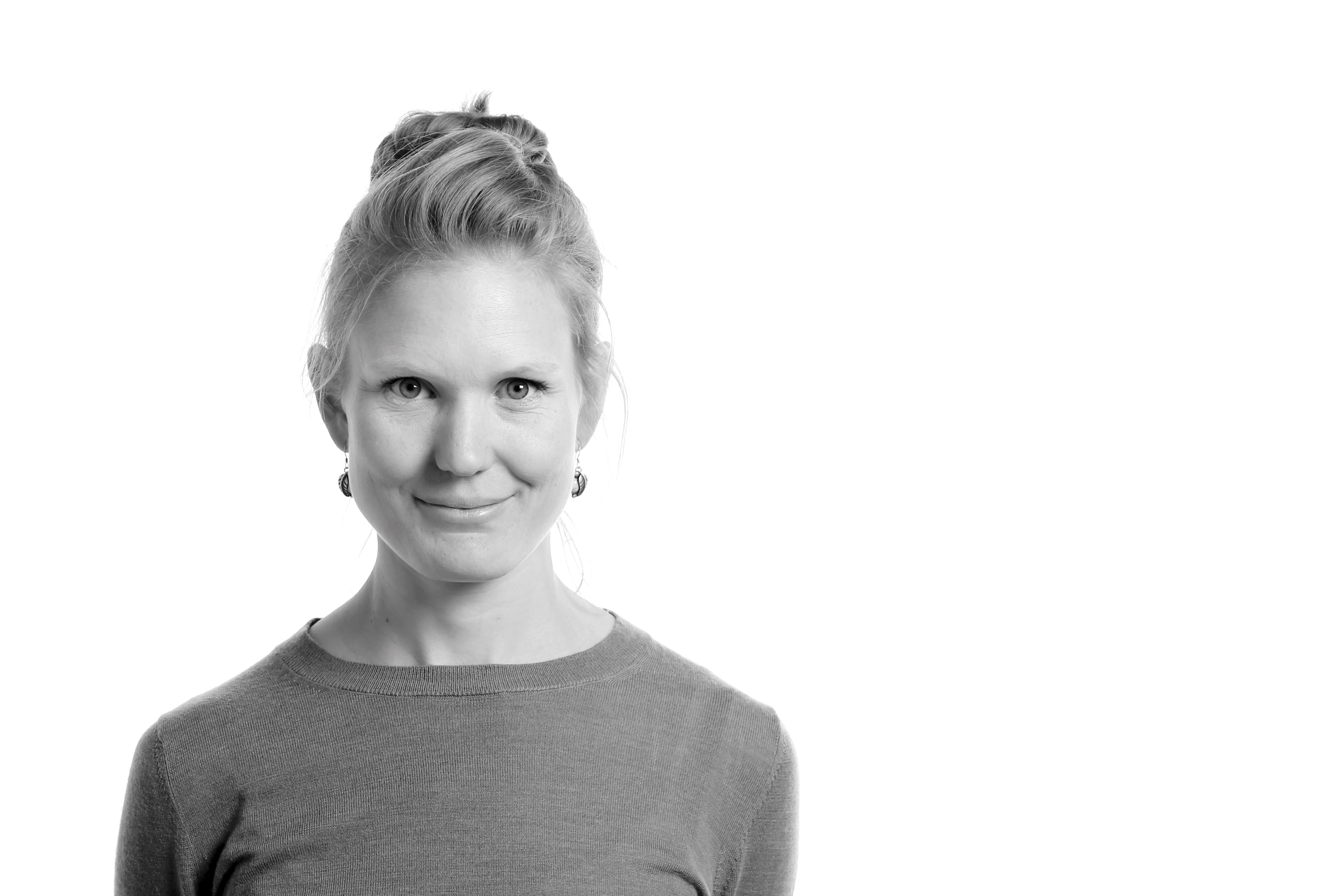When I was 9-years-old I went to a summer camp that was focussed on Native Americans. We had the chance to learn about their history, and spend time in different tribal communities. We got to see some really neat things like traditional ways of grinding wheat for bread, drum and basket making and how the different patterns woven into them represent a different celebration or event such as marriage or fertility.
I just loved it. I had this thought that I wanted to be a Native American, so I asked one of the elders, ‘How can I come and live with you?’. At that age, I didn’t understand the complexities of place – where you’re from or what country you were born in, but the experience instilled in me the value of diversity and bringing together communities, and a lifelong interest in and appreciation for the traditions, cultures, and knowledge that enrich where I come from.
I’m from Albuquerque, New Mexico. Albuquerque is a very diverse city. It has a lot of people of Hispanic and Latino descent as well as Native American communities, so it’s really rich and distinct from a lot of places in the US. New Mexico is on the border with Mexico, we used to be Mexico, and that history is reflected in our music and our food - advertisements around town are in English and Spanish.
That’s the context I grew up in so I think I was always interested in diversity, and migration specifically. It’s a hot issue in the US right now but, living in a state that’s on the US-Mexico, border it always seemed natural to me. People come from different places and that’s it.
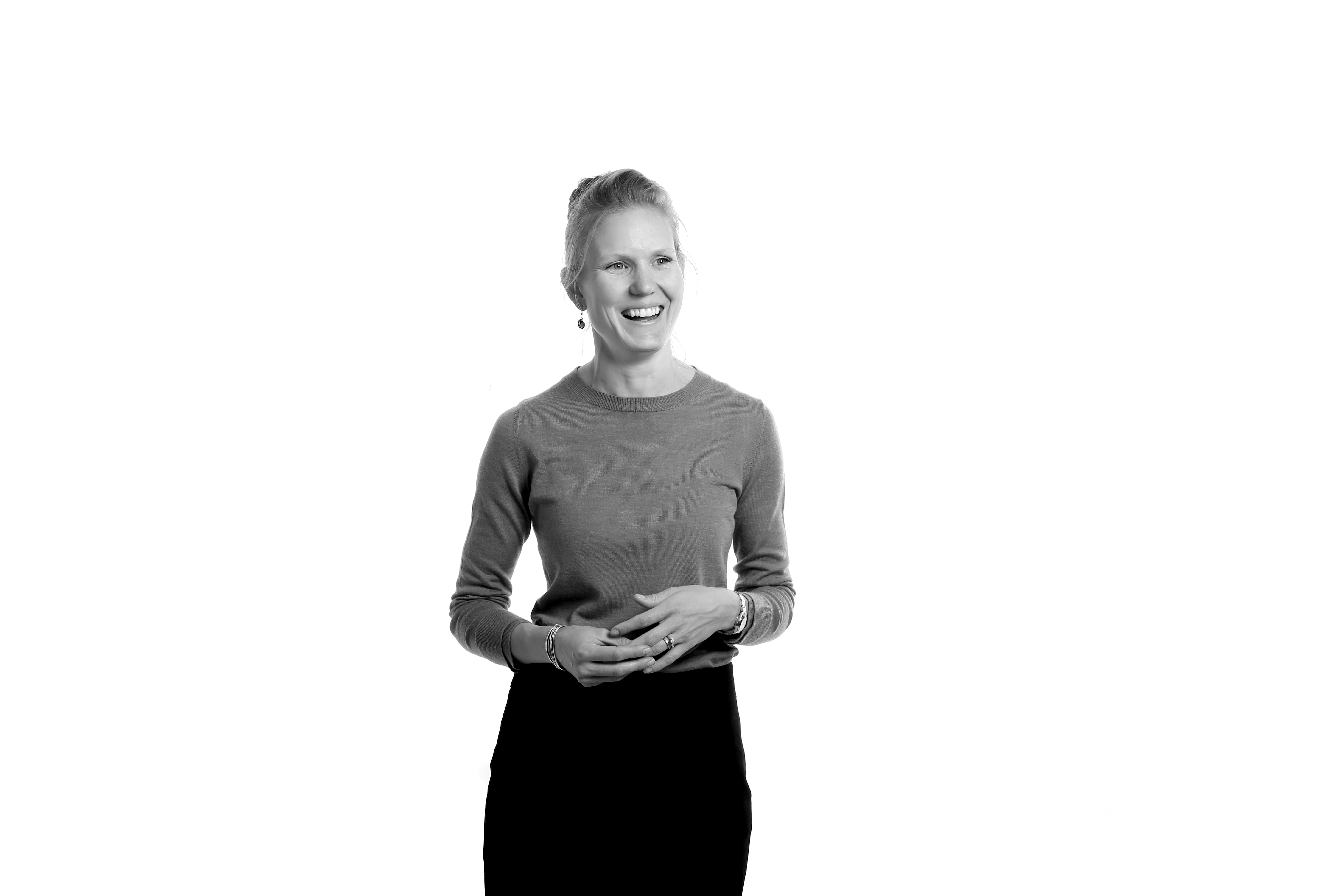
I remember one of the first times I heard someone talk about immigration in terms of ‘us and them’ or ‘they don’t belong here’, I was sitting on somebody’s porch and they were using racial slurs to describe Mexicans. I’d never been exposed to that. It was my first awareness of the tension of immigration and the politics of it.
In elementary school I had a teacher we called Mrs C from grades 1 to 3. She was completely kind and that was her emphasis in the classroom. The thing that I still think of so often now is how she would always say ‘no put-downs’.
Any time anybody said anything even remotely critical or mean towards another person she would say ‘no put-downs’. She would say it really gently and no-one ever got told off or in really big trouble, it was more of a constant theme that you’re not better than anyone else. It might seem silly but so often listening to people or the news now I think, ‘I’m not sure anyone told them about no put-downs’.
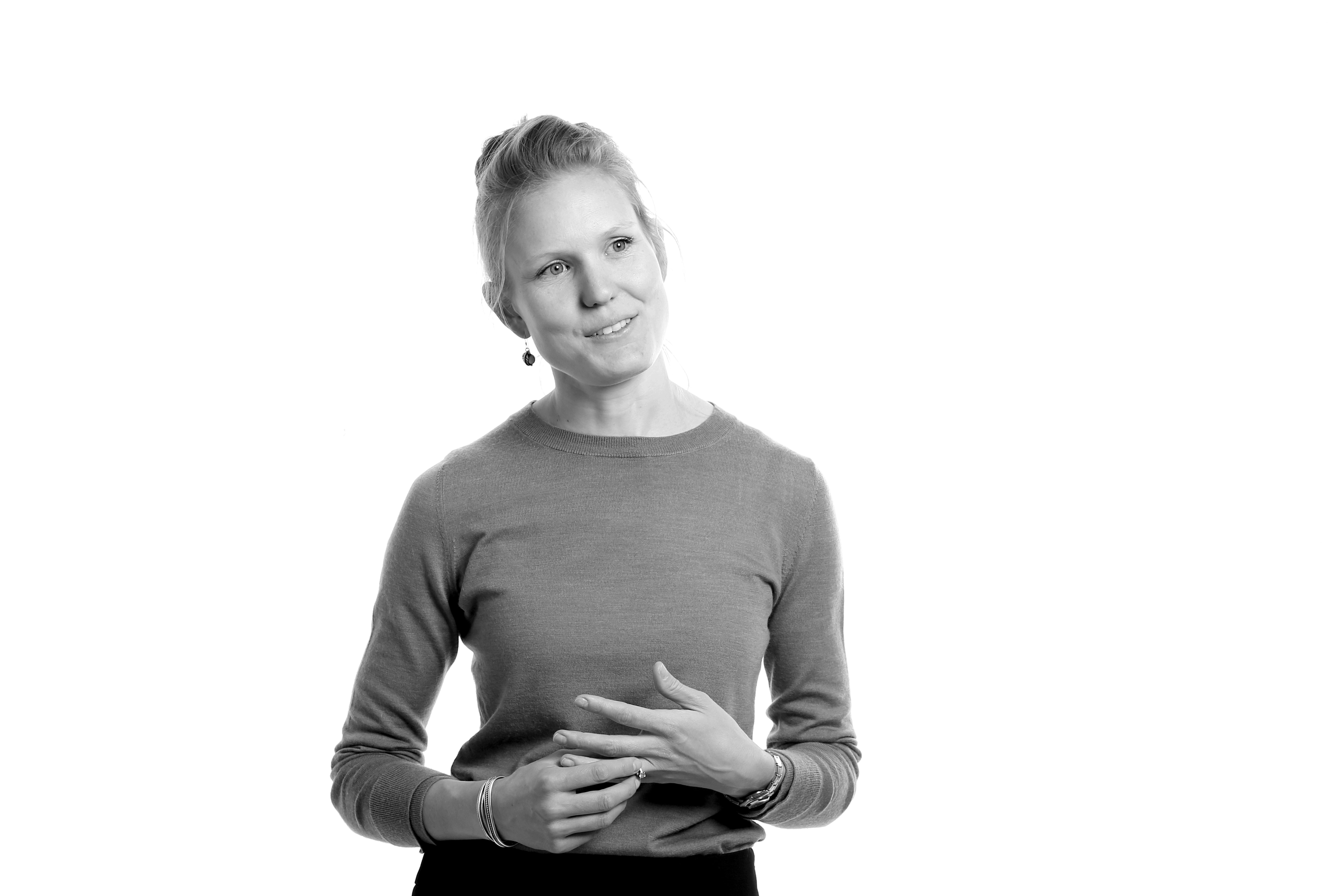
My teacher for the final two years of elementary school was a lady called Sandy. She gave me two pieces of advice that I carry with me. The first was to always take a book with you wherever you go. I still try to do that - it’s much easier now with phones.
The second was to be an autonomous learner. I remember that very clearly because that was the first time I’d ever heard the word. The idea that if you can think independently, if you have the motivation and the initiative, you can learn anything. That’s definitely moulded the academic interests that I’ve had. Having that in the back of my mind thinking ‘yeah, that’s hard, I don’t know how to do that but I’m an autonomous learner so I can figure it out’.
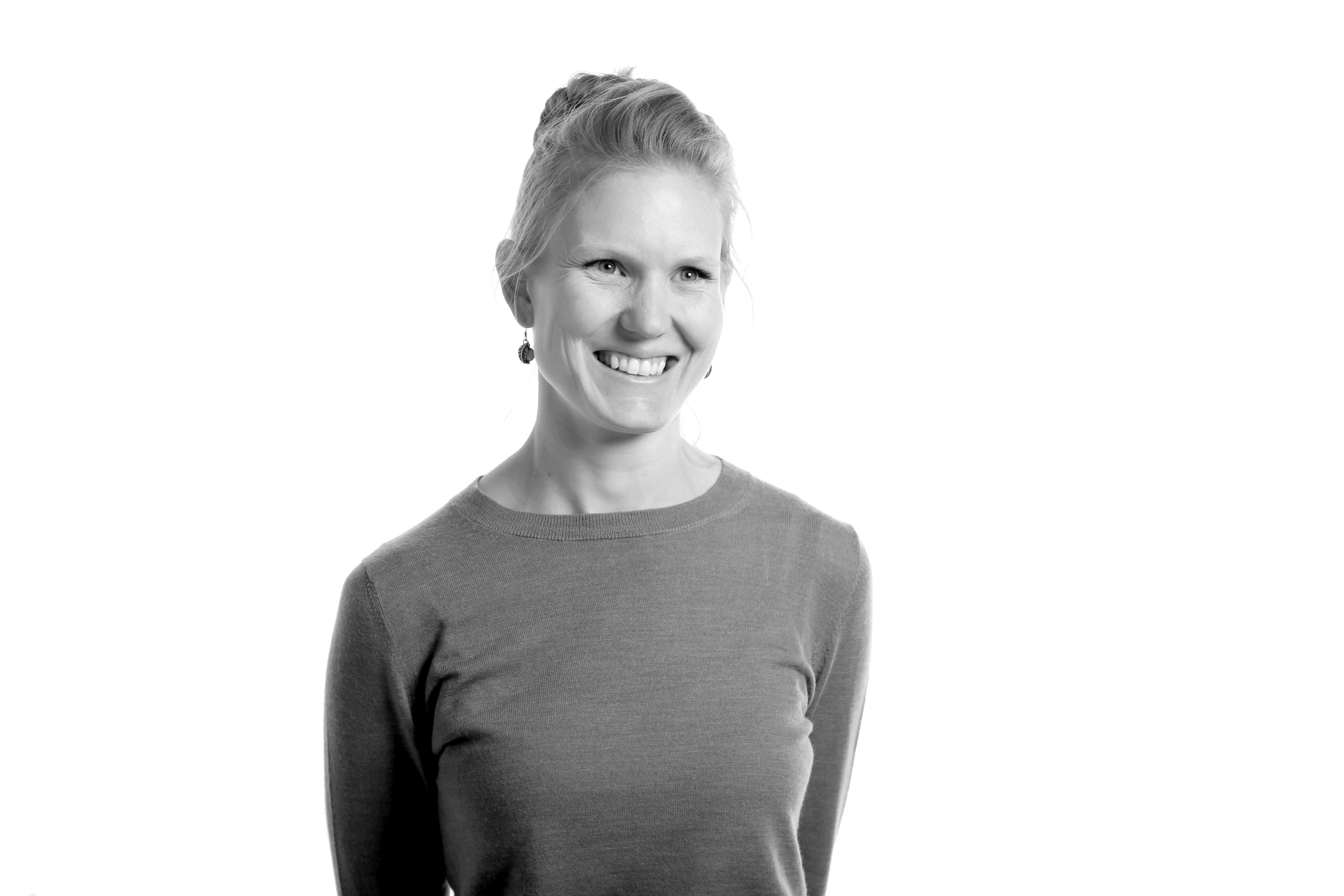
I think that to go into medicine or science in England, you have to know and decide very young. You study fewer subjects and it’s a much more linear trajectory compared with the High School culture in the US.
My research focus now is on migrant health and, even though it’s within science and healthcare, it brings in a lot of social science. You need to know about the economic and social causes and consequences of migration to then properly understand its health impacts.
In High School I did everything, it was a great foundation for what I do now and a lot of fun. I did a lot of languages and music, I was even band President. And when I went to university I still did orchestra and choir and I took art classes.
In University, I went to an all-women’s school and the students there are all high achieving and incredibly ambitious which in some ways was incredibly stimulating. But sometimes this created a very competitive environment. I wasn’t used to that and I was even more grateful that I was schooled in an environment that was supportive and nurturing with teachers who saw the best in everyone.
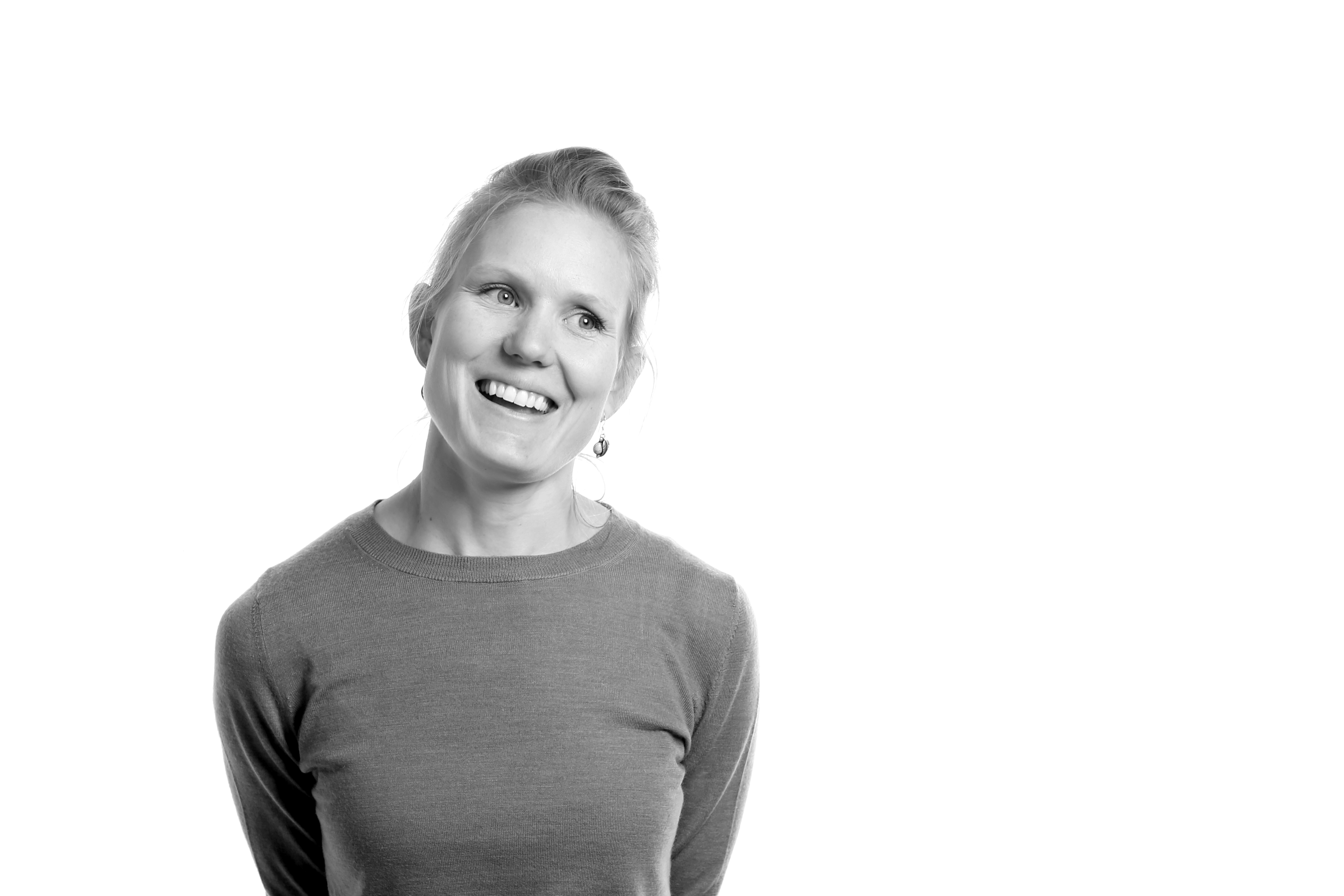
I spent the penultimate year of my degree at Oxford and just loved it. By a quirk of fate, I ended up completing a module focussed on gender, development and human-rights that I didn’t sign up for while I was there. It was life changing.
In so many ways it was the crux of the things I’d been interested in - social inequalities, economic inequalities, stigma and discrimination and social justice issues. It very much led me to direct my focus towards migrant and refugee studies.
Following that, I did my Masters back at Oxford University looking at gender hierarchies and women’s health. I then did a PhD at the Institute of Psychiatry at King’s College London in which I had the opportunity to look at both mental and physical public health, focusing on the impact of migration and stressful life events on women’s health.
Normally when you think about public health it’s about infectious diseases or chronic diseases or air quality – physical health.
I then found a post-doc focussed on migration and health which is how I eventually ended up here. I’ve always been passionate that my research has a community-based approach – that it tries to engage with the communities it’s relevant to. One of the things that excites me most about my role now is how the School of Health & Medical Sciences is constantly trying to engage with the public in its research.
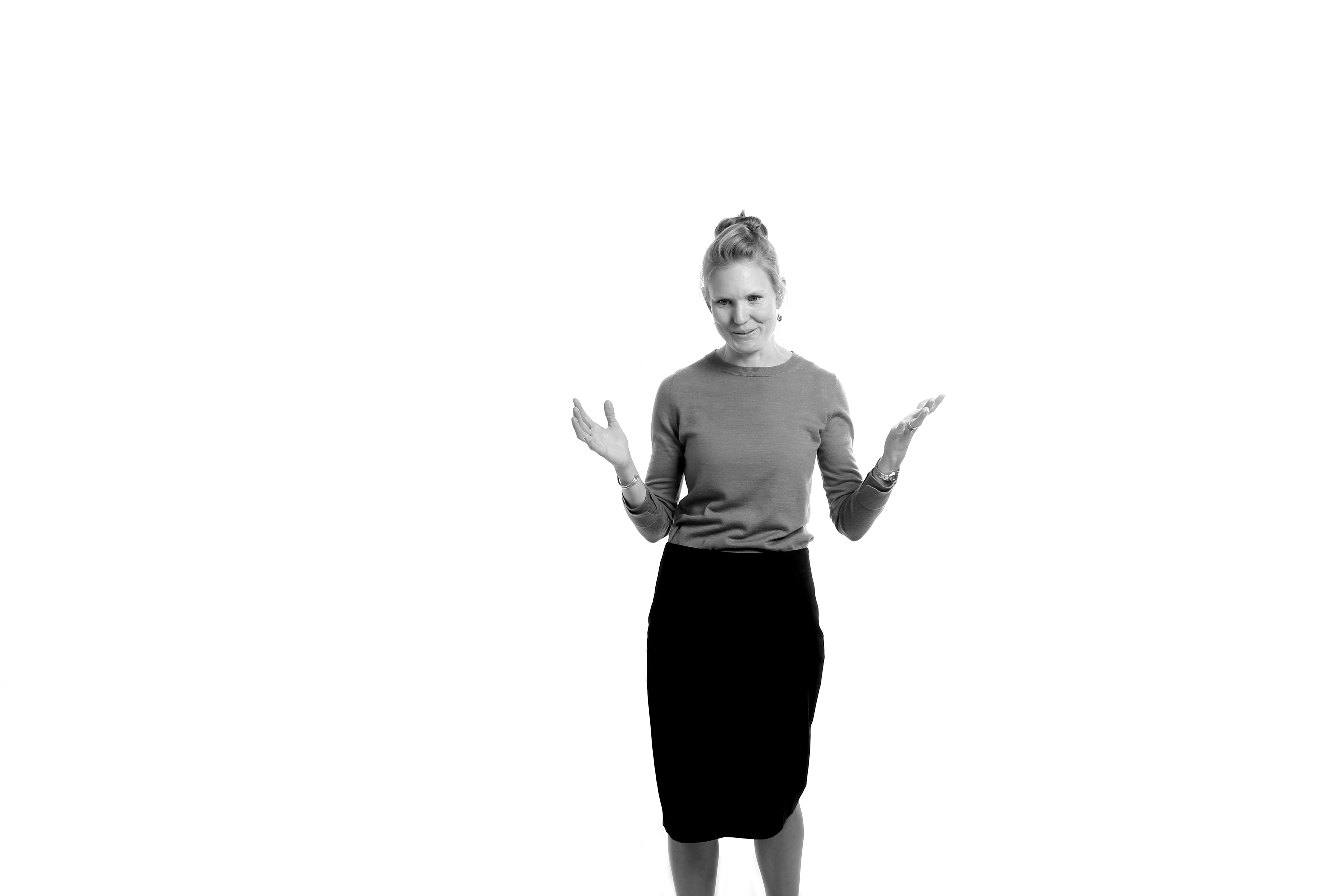
We’re in a time of unprecedented rates of migration worldwide, we have the highest rates of migration to Europe since records began. This has been accompanied by increasing anti-immigrant sentiment and increasingly restrictive access to health services for migrants. It’s a trend across most of Europe – more migration, more anti-immigrant sentiment, more restricted healthcare access for migrants.
I’m really interested in the issue of restricting access to care for migrants and how it affects public health – and the NHS is a really interesting case study. People who are undocumented or don’t have the right to reside in the UK - ‘not ordinary resident’ is the terminology that’s used – are charged 150% of whatever the care they are receiving costs for any healthcare outside of primary care and emergency services. So, for them, delivering a baby in the UK can cost anything between £2,000-£6,000 up front.
A lot of our research is on adult health but a quarter of undocumented migrants in the UK – about 120,000 people – are children. People always assume that if a kid’s sick, a kid’s going to get treatment but in England that is partly dependent on that child’s immigration status.
Undocumented migrant children, for example, can be charged for care in the same way as adults. Although they can access primary and emergency care for free like adults, they may have to pay for any care outside of upfront. Even if you were born in the UK, only ever lived in the UK and never been anywhere else but your parents are undocumented, you may still not be entitled to the same healthcare as a British child.
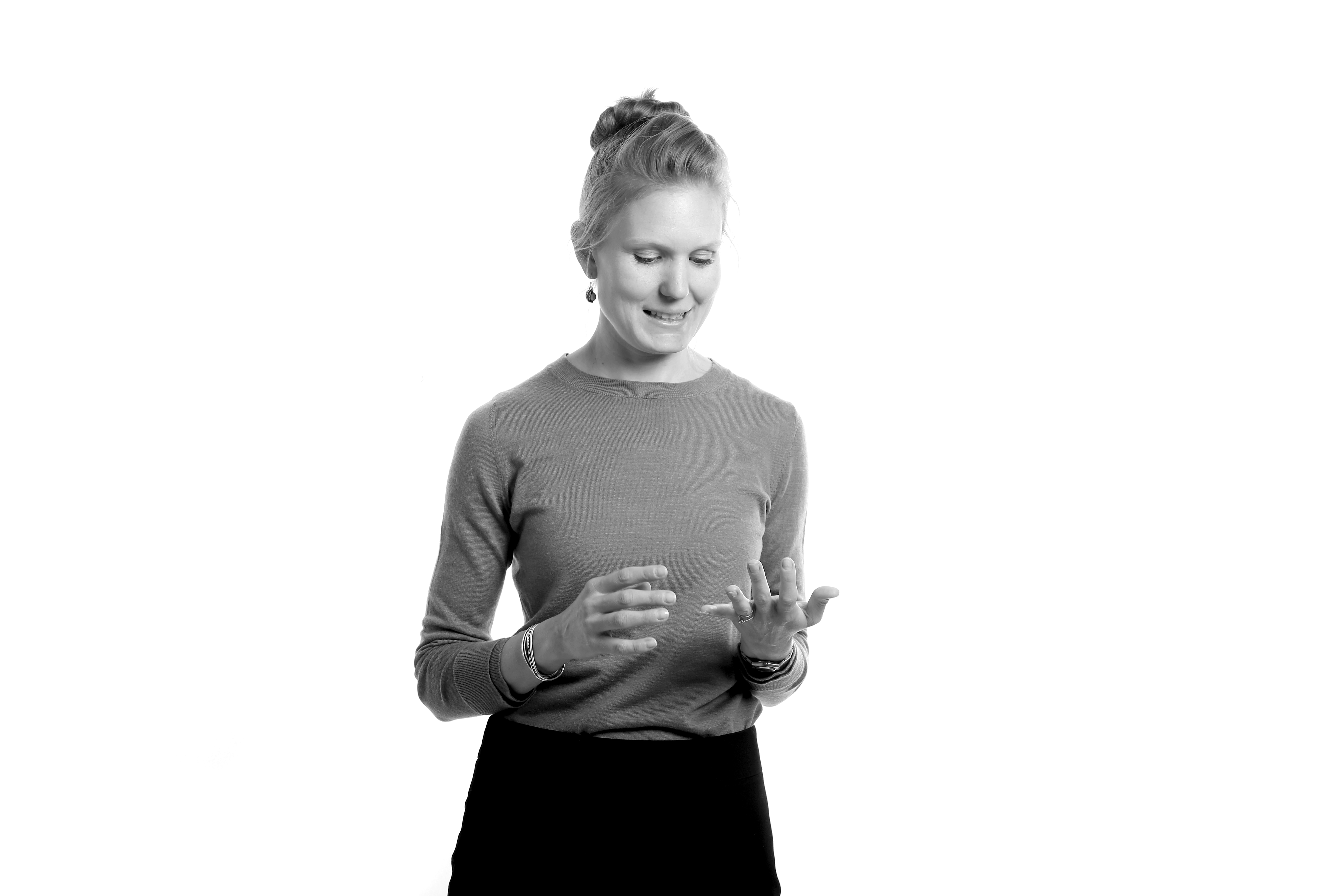
I think regardless of your political opinions on immigration, or on healthcare policy, from a public health perspective it’s really dangerous because if people don’t seek or receive the care they need – for example to treat an infectious disease, then you’re not just putting that individual at risk, it’s also a risk to the wider population.
We need to do more research to inform better approaches to keep the NHS sustainable and accessible to everyone, and to ensure people receive access to high quality care when they need it. It’s a really difficult balance but it’s also really important.
As a patient myself I hugely appreciate the NHS. Coming from a context where healthcare isn’t free, where you have to have insurance - and even if you do, you still have to pay every time you visit the doctor - to have free healthcare is an incredible gift.
Dr Laura Nellums is an Honorary Lecturer in Global Health at City St George's, School of Health & Medical Sciences (Tooting).
